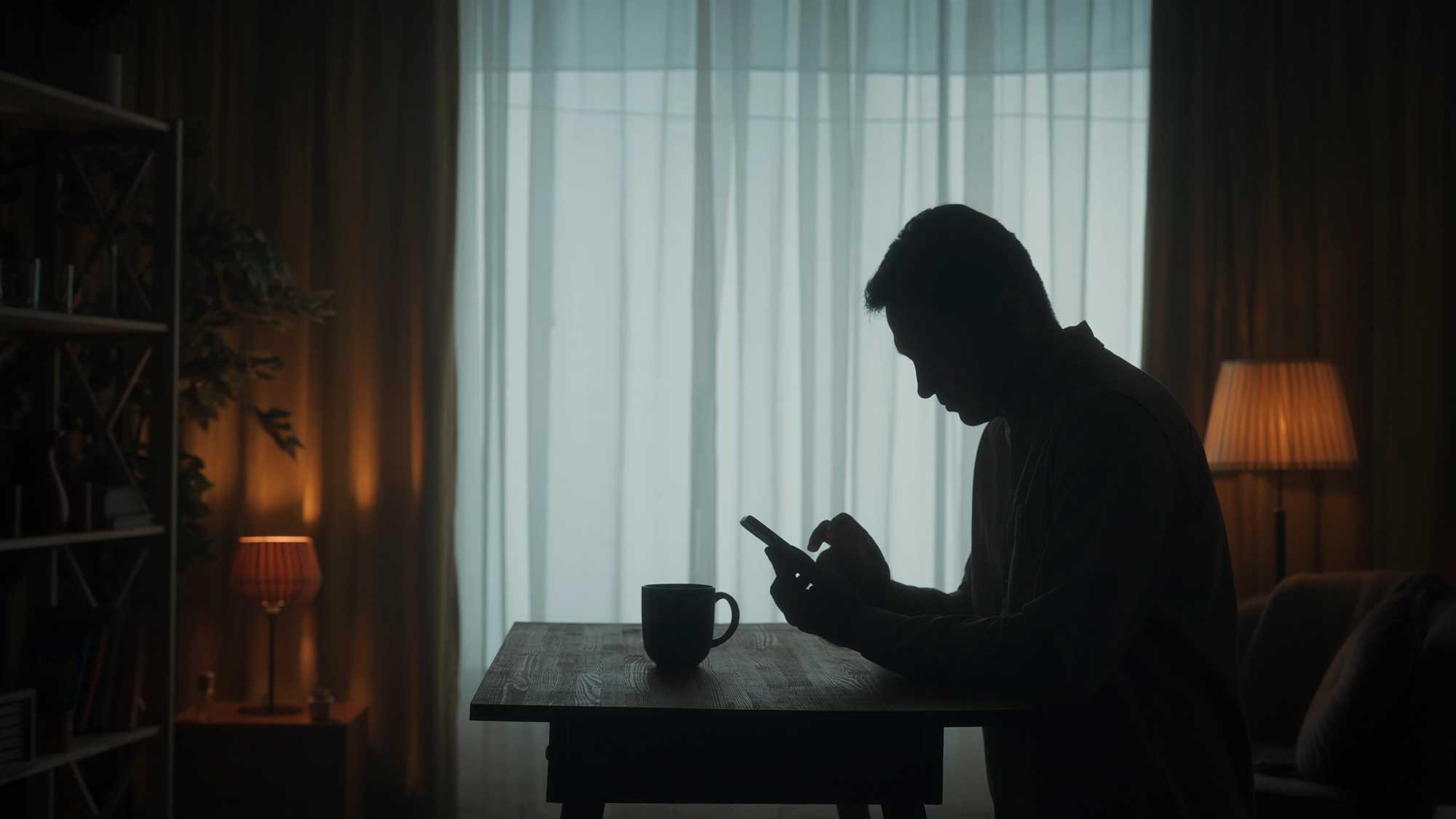Being isolated at home does not mean roughing it or giving up on your well-being. Focusing on wellness and positive mental and physical health can be achieved through daily activities designed to keep your mind and body in the present.
The concept of self-care has traditionally applied to beauty products, massages… heck, even a relaxing bath at home. With the COVID-19 outbreak, more of us are now applying self-care to making sure you and your loved ones are getting the resources they need to remain mentally and physically fit during this crisis, where uncertainty is a daily struggle.
Quartz and the Huffington Post both recommend a series of things you can do to remain fit while practicing social distancing at home.
Exercise. There are free live-streamed yoga classes online via YouTube and other sites if you don’t want to go out. Otherwise, take in fresh air by going outside, around the block, or in your own backyard.
Meditate. Even if you’re just a beginner, this is a great way to calm your nerves and control your anxiety. If you’re new to meditation, the New York Times has a guide that can get you going now.
Install a website blocker. Why succumb to the never-ending news cycle, much of it filled with headlines that can increase your blood pressure. A website blocker is a good way to keep certain sites at a distance for as long, or as short, a time that feels comfortable.
Start journaling. Getting into the practice of writing when isolated can help your mind focus on things that are important to you: What you’re grateful for, your goals, or people who have provided meaning to your life. Reading your entries out loud can help calm your mind and think more about them as you go about your day.
Cook and bake. Now that restaurants are temporarily closed, take time in the kitchen to focus on healthy meals. This is a great source of self-care because the process of gathering ingredients and following a recipe can keep your mind off the news, but the end result will keep you physically healthy too.
Clean and de-clutter. Sorting clutter is a great way to keep your mind clear. Messy, disorganized spaces, or even filing cabinets, can add to your anxiety during this critical time. Approach the cleaning process as a way to take care of yourself; that way, it will seem less like a chore and more as a path to wellness.
Practice self-compassion. Accept the fact that you are struggling and that the world feels like a dangerous place. Be gentle with yourself and understand that everything you are feeling is temporary. You can’t solve all the problems in the world, but you can do small things to make you feel better. Avoid self-judgment. Be kind to yourself in every action you take during the day.
Have fun. Watch something upbeat on television. Cuddle with a loved one. Put on music you’ve always enjoyed but haven’t listened to for a long time. Spend time playing with your dog or cat. Call up a friend or family member. Being isolated does not mean isolating yourself from the things that make you happy. Seek them out. Play. Remember the things in life that give you joy.






